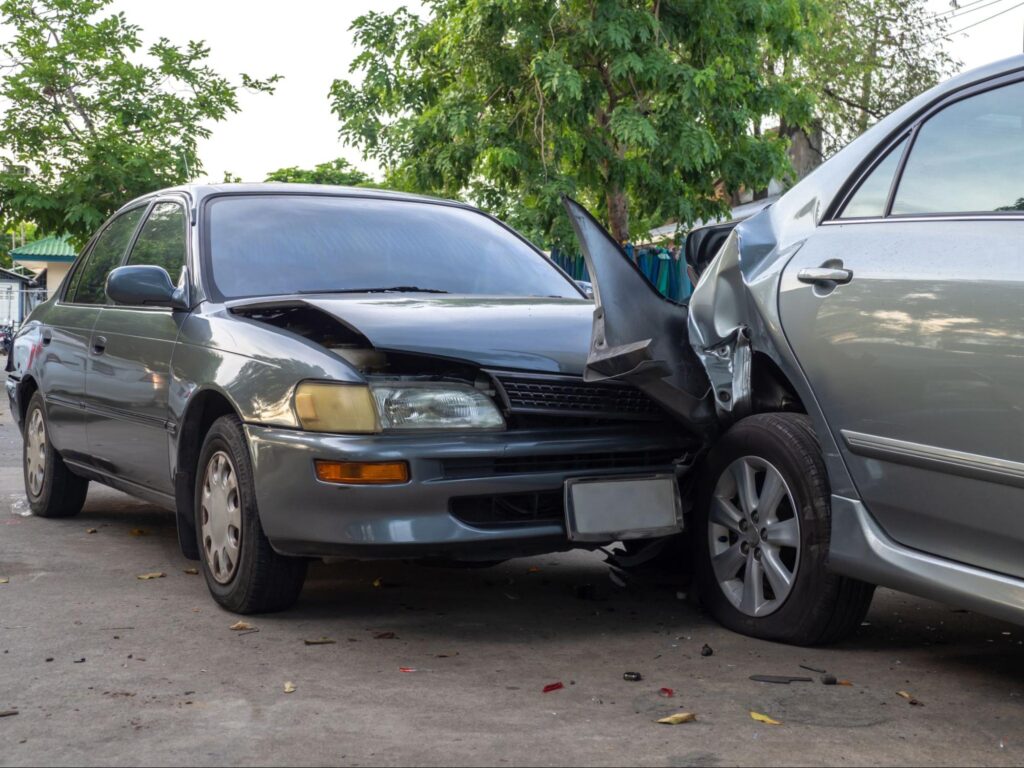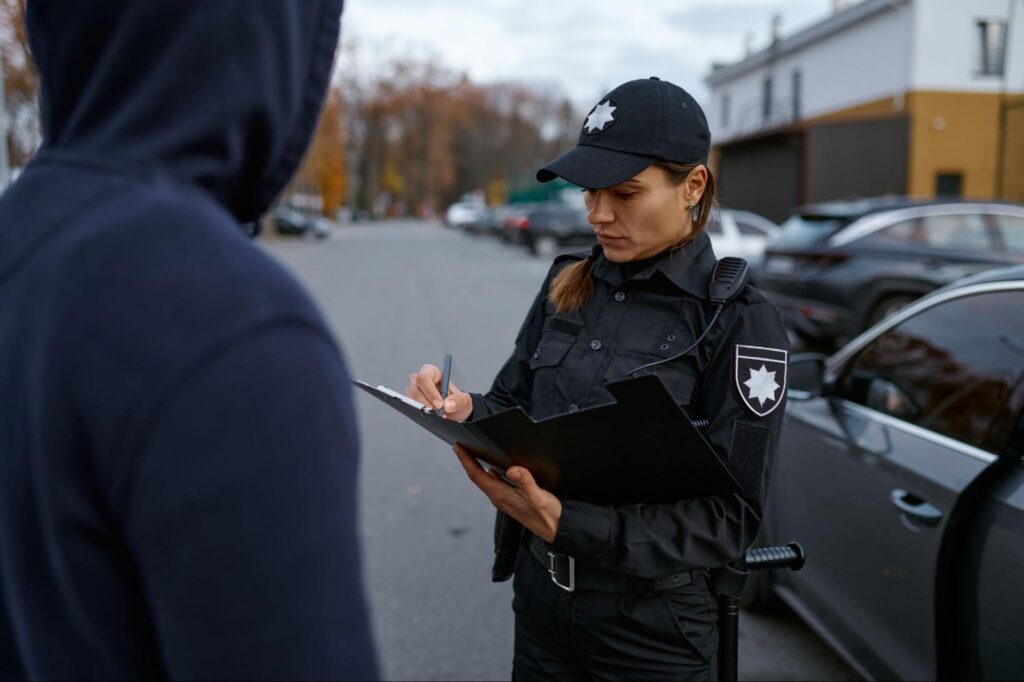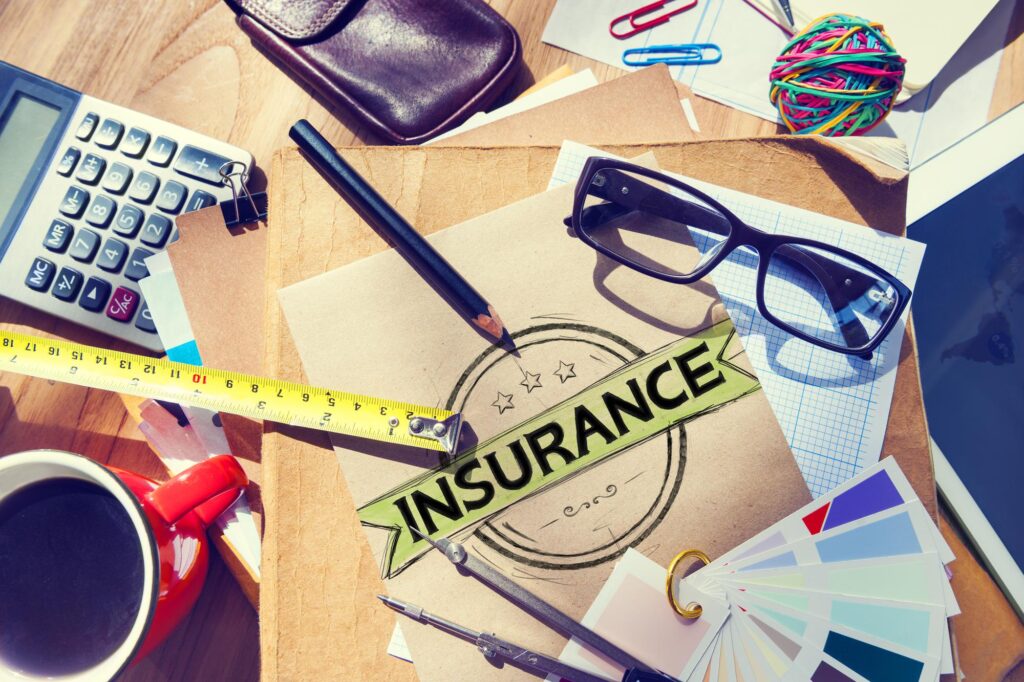
Experiencing a hit-and-run incident can be overwhelming and frightening. Knowing how to navigate the aftermath effectively is crucial, especially in a bustling city like Savannah, GA. This article will guide you through the essentials of handling a hit and run in Savannah GA, emphasizing key legal aspects, necessary steps to take immediately after the incident, and how to deal with insurance companies.
Understanding the Basics of a Hit-and-Run
Understanding a hit-and-run incident is essential to handling it effectively. A hit-and-run occurs when a driver leaves the scene of an accident without providing their contact information or assisting any injured parties.
In Georgia, incidents like this are treated with great seriousness under the law. A study from 2016 reveals that there were 1,980 fatal hit-and-run crashes, resulting in 2,049 fatalities.
Defining a Hit-and-Run Incident
A hit-and-run can encompass various scenarios, including but not limited to:
- Accidents involving another vehicle
- Collisions with pedestrians or cyclists
- Damage to private property, such as parked cars or fences
The core aspect that defines a hit-and-run is the failure of the involved party to stop and provide information or aid as required by law. This behavior can lead to significant legal repercussions for the driver who flees the scene.
In many cases, witnesses may play a crucial role in identifying the fleeing driver. They can provide vital information such as the vehicle’s make, model, color, and even the license plate number, which can be instrumental for law enforcement in tracking down the responsible party.
Legal Consequences of a Hit-and-Run
In Savannah, as in the rest of Georgia, a hit-and-run is a serious offense. The legal consequences depend on the specifics of the incident:
- Misdemeanor Charges: Generally applied when the accident involves property damage only.
- Felony Charges: Imposed when the accident results in injury or death to another party.
- License Suspension: A driver may face a suspended license following a hit-and-run conviction.
Understanding these consequences helps emphasize the importance of ensuring responsible driving and compliance with laws during an accident.
Moreover, victims of hit-and-run incidents often face additional challenges, such as dealing with insurance claims and medical expenses without the cooperation of the at-fault driver.
In some instances, victims may need to rely on their own insurance policies, which can lead to increased premiums and financial strain. This reality underscores the importance of having adequate insurance coverage and understanding one’s rights in the aftermath of such incidents.
Steps to Take Immediately After a Hit-and-Run
The moments following a hit-and-run are critical. Knowing the appropriate steps can significantly affect your situation and potential restitution.
Ensuring Safety at the Scene
The first priority after a hit-and-run incident is safety. Follow these guidelines:
- Check for injuries: Ensure you and any passengers are unharmed.
- Move to safety: If the vehicle is mobile, move it to a safe location to avoid further accidents.
- Activate hazard lights: Use your vehicle’s hazard lights to alert other drivers.
Ensuring safety at the scene lays a firm foundation for the next necessary actions. Additionally, consider using flares or warning triangles to further alert oncoming traffic if you are in a busy area.
This can help prevent additional collisions and protect yourself and other road users. Remember, your well-being is paramount, so if you feel disoriented or unwell, seek medical attention immediately, as some injuries may not be immediately apparent.
Gathering Information and Evidence
Evidence plays a vital role in any hit-and-run case. You should aim to gather as much information as possible:
- Photographs: Take pictures of the damage, the surrounding area, license plates, and any other relevant details.
- Witness Accounts: Speak to anyone nearby who may have observed the incident and ask for their contact information.
- Notes: Document your recollection of events while they are fresh in your mind.
Having substantial evidence can aid in investigations and potential legal pursuits against the responsible driver. In addition to photographs, consider recording a video if possible, as this can capture the scene’s context and any relevant details that still images might miss.
Furthermore, if you have a smartphone, utilize apps that can help you document the scene or even record witness statements directly. This comprehensive approach to gathering evidence can significantly bolster your case when dealing with insurance companies or law enforcement.
Reporting to the Police

It is crucial to report the incident to the police as soon as possible. When filing a report, be ready to provide:
- Details of the accident
- Any gathered evidence and witness statements
- Your insurance information
The police report can be critical for any subsequent claims or legal proceedings. When speaking with the police, be as detailed as possible about the events leading up to the incident, including the time, location, and any other vehicles involved.
If you have a dashcam, share that footage with the authorities, as it can provide invaluable insights into the incident. Additionally, ask for the officer’s name and badge number for follow-up purposes, and ensure you receive a copy of the police report for your records.
This documentation will be essential when navigating the aftermath of the hit-and-run, especially when dealing with insurance claims or legal actions.
Navigating the Legal Process in Savannah, GA
Understanding the legal process after a hit-and-run can help you advocate for your rights and seek restitution effectively.
Understanding Georgia’s Hit-and-Run Laws
Georgia’s laws are particularly harsh on drivers involved in hit-and-run incidents. Compliance with these laws is crucial:
- Drivers must stop at the scene of an accident and provide their information.
- Failure to comply can result in significant fines and legal penalties.
Familiarizing yourself with these laws prepares you to navigate the legal landscape following an incident. In addition to the immediate legal repercussions, drivers who flee the scene may face civil liability for damages incurred by the victim.
This means that not only could they be fined or face jail time, but they could also be held financially responsible for medical bills, vehicle repairs, and other costs associated with the accident. Understanding this dual layer of accountability can empower victims to pursue both criminal and civil actions against the perpetrator.
Working with a Local Attorney
An experienced attorney can be invaluable in navigating the complexities of a hit-and-run case. When selecting a local attorney, consider the following:
- Specialization in personal injury or traffic law
- Experience with hit-and-run incidents
- Reputation within the local community
Having a knowledgeable advocate can significantly increase your chance of a favorable outcome. A local attorney understands the nuances of Georgia law and has established relationships with local courts and law enforcement, which can be advantageous in building your case.
They can assist in gathering evidence, such as surveillance footage or witness testimonies, that may be critical in proving liability. Furthermore, an attorney can help you navigate the often-complex interactions with insurance companies, ensuring that you receive the compensation you deserve without unnecessary delays.
Preparing for Court Proceedings
If the incident progresses to court, preparation is essential. You should:
- Organize all documentation, including police reports, medical records, and correspondence with your insurance.
- Work closely with your attorney to understand what to expect during proceedings.
- Be prepared to provide testimony regarding the incident and its aftermath.
Effective preparation can bolster your case and influence the court’s ruling. Additionally, consider attending court hearings related to your case even if you are not required to testify. This exposure can help you become familiar with the courtroom environment, the judge’s demeanor, and the overall legal process.
It can also provide insight into how similar cases are handled, which may inform your own strategy. Engaging in mock trials or practice sessions with your attorney can further enhance your confidence, ensuring that you present your case clearly and compellingly when it matters most.
Dealing with Insurance Companies

Insurance companies play a key role in obtaining compensation for damages and losses after a hit-and-run. It is crucial to handle them correctly.
Reporting the Incident to Your Insurer
Once the immediate concerns are addressed, report the hit-and-run to your insurance company. When doing so, ensure you include:
- Details of the accident
- Any evidence you collected
- The police report number
Your insurance company can then advise you on the next steps and any procedures needed for your claim. It’s also beneficial to keep a record of the date and time of your report and the names of any representatives you speak with.
This documentation can serve as a reference point should any disputes arise later in the claims process. Additionally, be prepared for follow-up questions from your insurer, as they may require further details to assess your claim accurately.
Understanding Your Coverage
Understanding your insurance coverage will help set expectations regarding potential compensation. Be aware of:
- Uninsured Motorist Coverage: This may apply if the hit-and-run driver is never identified.
- Collision Coverage: This type may cover damages to your vehicle.
- Medical Payments Coverage: This can help pay for medical expenses resulting from the accident.
Understanding the nuances of your coverage enables you to maximize your benefits when navigating claims. Reviewing your policy documents periodically is also wise, as coverage details can change over time.
If you find any terms or conditions unclear, don’t hesitate to ask your agent for clarification. Being well-informed about your policy can empower you to advocate for yourself effectively during the claims process.
Negotiating a Fair Settlement
Negotiating with insurance companies can often be challenging. Keep these tips in mind:
- Document all communications with your insurer for transparency.
- Work with your attorney to evaluate any settlement offers against your accumulated damages.
- Be prepared to negotiate; insurance companies may initially offer lower settlements.
A proactive approach in negotiations can lead to more favorable outcomes and adequate compensation for your losses. Additionally, consider gathering estimates from reputable repair shops or medical professionals to substantiate your claims for damages and expenses.
These estimates can serve as powerful tools in negotiations, providing tangible evidence of the financial impact the accident has had on your life. Patience is key; the negotiation process can take time, but being persistent and well-prepared will ultimately strengthen your position.
Conclusion
Handling a hit-and-run incident in Savannah, GA, involves understanding the event’s legal implications, taking immediate safety and evidence-gathering steps, and effectively dealing with insurance companies.
With organized documentation and expert legal assistance, you can navigate the complexities associated with hit-and-run incidents and work toward securing the restitution you deserve.
Call today for a free consultation at 888-559-7033, available 24 hours a day, 7 days a week. Contact Us
Related Articles


























































